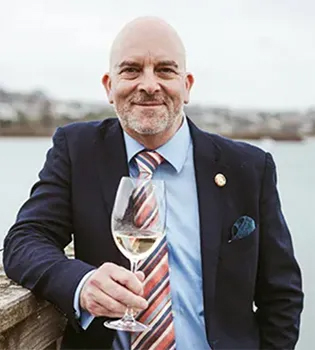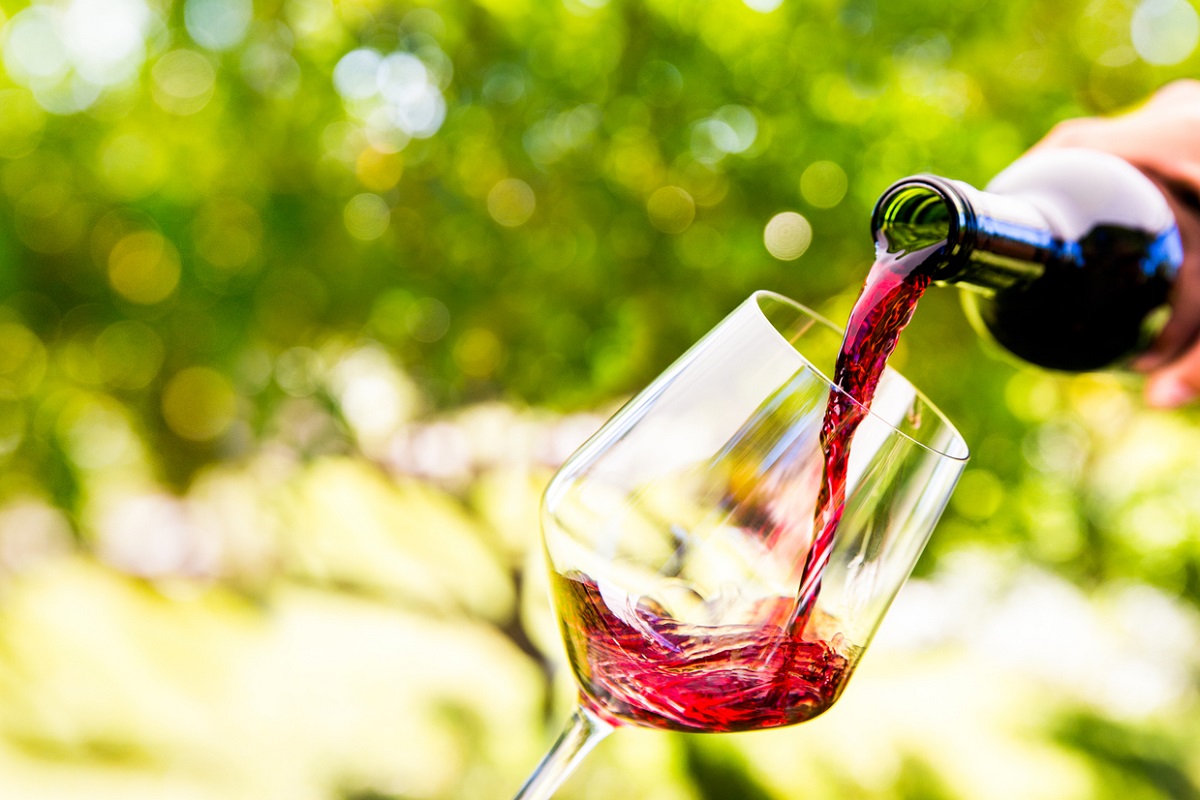Advice and insights from The Shout New Zealand, speaking to NZ’s first and only Master Sommelier, Cameron Douglas MS.
What is a Sommelier?
A Sommelier by definition, is a wine steward or the expert in charge of beverage at a hospitality establishment.
The term is French in origin and historically the Sommelier’s role was in lofty circles – royalty and exclusive clubs benefitted from their expert service.
These days, a Sommelier’s role is much wider and increasingly important to both hospitality and retail establishments, and the drinking public in general.
Internationally, wine and beverage service as a profession is viewed a serious career choice with training, qualifications and experience all important considerations.
In New Zealand, the restaurant and hotel scene, along with the local wine Industry, and the tourism sector are echoing the need for professional Sommeliers who can represent their organisations with appropriate levels of knowledge, care and attention to detail.
A Sommelier is required to have an in-depth knowledge of all beverages – it is assumed that they are the wine experts – but they should also be knowledgeable about beers, ciders, spirits, cocktails, sake, water, coffee… food and wine pairing is a key tool in their skill base.
They will have likely compiled the wine list and stocked the cellar.
A good Sommelier has a strong focus on service – enjoying working with diners (and staff) to ensure the best experience for all – and the best outcomes for the business.
On the restaurant floor, the hours can be long though of course the profession can also be very rewarding.
The career path often segues into other areas associated with wine, beverage and hospitality – education, wine retail, perhaps controlling the wine programme for hotel or restaurant chains.
Master Sommelier vs Master of Wine
A Certified Sommelier, Advanced Level Sommelier and Master Sommelier are individual certificated credentials that recognise expertise in the knowledge and service of all-things beverage (including spirits, liqueurs, beers, cocktails, water, hot and cold non-alcoholic options), the most important and extensive/intensive being wine.
Although knowledge of these areas must be deep and wide, and our tasting skills exemplary, a large focus is on service – providing the links for a client or customer in all liquid areas – including the hospitality experience.
Somms also have to be very knowledgeable about how wine and food pairing work, to inform and allow a customer to choose the best beverage for them.
The focus is always on the client’s experience so it’s important to like people – much of our role is in hospitality settings or interacting with service professionals from all walks of life.
A Master of Wine focus is different from a Master Sommelier as it is connected more to the research and recording of wine and fortified wine information – its origins, soil, history, currency in the market and quality, through research, and the publication of articles, books and opinion pieces. They too must be expert wine tasters.
How to get your Master Sommelier credentials
I started in my credentialled Sommelier journey in 2000 and qualified as a Master Sommelier in late 2007.
In the beginning, I was a working Sommelier and seeking to extend my professional knowledge and skills.
The journey began with a trip to Las Vegas to undertake a Introductory Course and exams – the first of four complex and increasingly difficult stages. This programme was offered by the Court of Master Sommeliers.
I returned to Aotearoa determined to earn the title Master Sommelier, and to foster the growth of my chosen profession through introducing the programme in New Zealand and Australia.
One of the biggest challenges was learning that failure is part of the journey – learning about yourself and how you manage a seemingly impossible workload and sustain your focus through many years of study and practice.
At the time, I was alone in Oceania in my quest – frequent and extensive travel became part of the process (it still is, though with different reasons).
Along the way, I have been privileged to receive mentoring and assistance from wonderful people within the Court of Master Sommeliers organisation and have collected a whole new Somm Family.
Today, a large part of my role as an MS is paying it forward – I regularly receive calls and emails from industry professionals, and newly minted sommeliers from around the world, and I am always happy to engage with them, providing mentorship, being a sounding board, or providing the assistance they require.
An important requirement is reading a lot about wine – where it comes from; the classic wines of the world; old, new and emerging wine producers, regions and styles – the world of wine is large and varied.
The more useful books to read are the most recent and encyclopaedic in approach such as Sotheby’s Wine Encyclopedia, World Atlas of Wine and the Oxford Companion to Wine, and some of the best resources are now online – the Guild of Sommeliers is arguably the best and most up-to-date.
I found it hard to read all the books and online material without drifting, and discovered two things about myself – I learned best by reading aloud while standing up (go figure) and rewriting areas of the books in my own words (talk with aspiring and current MSs about their flashcards!).
Tasting enormous numbers of wines in a prescribed deductive manner is essential – working out through practice and study how to identify key grape variety markers, origins, vintages and quality levels.
There are no shortcuts to becoming a professional and a master of anything – it takes time, dedication and sacrifice, but if you do have a passion for people, wine and beverages, and food then your journey to becoming a qualified Sommelier may have just begun.
If your interest is piqued, drop me a line – I also highly recommend you start with a wine tasting discovery programme – organisations like Glengarrys, a local wine store programme, are good places to start.

Cameron Douglas is New Zealand’s first and only Master Sommelier. An experienced wine commentator, judge, reviewer, presenter and consultant, he is the Beverage Director & Group Sommelier for Rodd & Gunn and is the Patron of the New Zealand Sommeliers and Wine Professionals Association. Formerly academically in charge of the Wine & Beverage Programme at AUT in Auckland, Douglas has also consulted to a variety of establishments, taking care of their wine lists, wine and food pairings, and staff training matters, and he currently serves on the Board of Directors for the Court of Master Sommeliers Americas.

